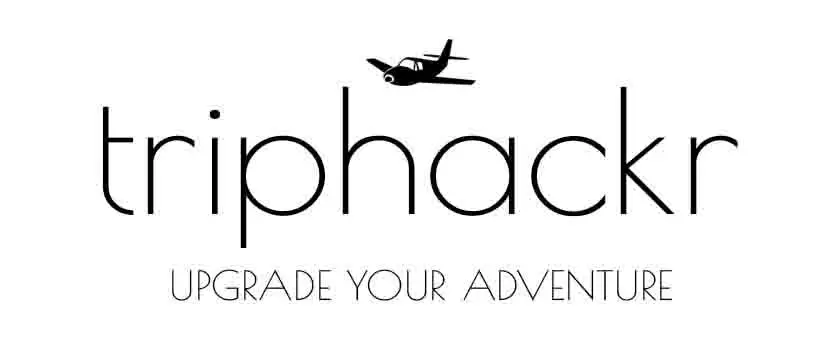Language barriers can lead to unexpected connections and deeper interactions with locals. When travelers attempt to communicate in the local language, the effort is generally appreciated and can foster respect and understanding. One way to enhance these interactions is by learning basic phrases. Saying words such as “hello,” “please,” “thank you,” and “excuse me” can improve interactions, demonstrating respect for the local culture. Consequently, more immersive and enjoyable travel experiences often ensue.
Understanding and respecting local customs is essential. Gestures and non-verbal cues can communicate respect and lead to deeper connections. Conversely, unfamiliarity with cultural differences in body language and gestures may result in unintended or offensive connotations. For example, displaying open palms can signal a friendly greeting in some cultures while conveying negative meanings in others.
Technology plays a role in overcoming language barriers. Translation apps like Google Translate and iTranslate facilitate better understanding and smoother interactions between travelers and locals. However, personal efforts to engage with the local language often yield richer human connections than those facilitated purely by technological means.
Cultural Sensitivity and Personal Experiences
Travelers often find that attempts to communicate, despite stumbling and sometimes failing, create some of the most meaningful exchanges. For instance, travelers have reported being invited to local events after making an effort to speak the local language. A notable example includes being invited to a traditional wedding in Indonesia after expressing basic greetings in Bahasa. Shared laughter and humor are powerful tools to bridge language gaps, often leading to memorable and lasting encounters.
Unexpected connections arising from language barriers may extend into modern and unconventional relationships. Different types of relationships, such as friendships or romantic partnerships, can offer a deeper understanding of both cultural and personal perspectives. Consider the example of sugar dating, where mutual curiosity and the desire for meaningful interactions can create fulfilling relationships despite initial language difficulties. Travel often presents an opportunity to explore and embrace various forms of companionship that defy traditional norms. These experiences enrich the travel narrative, forging connections that transcend conventional linguistic limitations.
Research indicates that language barriers, under specific conditions, can enhance intercultural communication and enjoyment rather than obstructing it. For example, a study on American students in a study abroad program in Italy highlighted that the simplicity of the environment, group cohesion, and the presence of an interpreter fostered intercultural communication despite language differences. These findings underscore that language barriers do not always impede global interactions but can sometimes improve them under suitable settings.
Effective Communication Techniques
Operational strategies for overcoming language barriers include speaking slowly and clearly, avoiding slang and jargon, rephrasing messages, and utilizing body language and gestures. Active listening and seeking clarification are also essential for fostering understanding. Many travelers use creative methods to bridge communication gaps. For instance, a traveler in Vietnam used charades to find a bathroom, illustrating how ingenuity can surmount language challenges.
Non-verbal communication, such as gestures and facial expressions, can play a pivotal role in conveying messages where verbal communication falls short. Although useful, such communication requires cultural awareness to avoid unintentionally offending the local populace. Pantomime and pointing often suffice in situations where spoken language is ineffective.
Cultural immersion, facilitated by attempts to engage with the local language, offers a path to more meaningful interactions. Simple efforts to use the local language are typically appreciated, leading to unexpected connections and memorable experiences. The physical act of trying to speak the language, despite possible errors, can serve as a signal of respect and yield positive engagement.
Real-World Experiences and Technological Aids
The universal language of food can bridge wide linguistic divides. For example, engaging with local cuisine offers travelers an accessible way to connect with locals without extensive verbal communication. Similarly, gestures can convey appreciation and enjoyment beyond spoken language.
Seeking assistance from bilingual or multilingual locals can provide invaluable help in overcoming language barriers. Researching destinations and evaluating one’s language skills ahead of travel can streamline the experience. Technologies and tools, such as translation apps and portable real-time translators like Timekettle earbuds, offer solutions for immediate communication needs.
Personal accounts confirm that travelers willing to laugh at their mistakes and embrace the learning process often discover valuable connections. A traveler in Japan used Google Translate and simple phrases for both humorous and enlightening encounters, demonstrating how technology, combined with effort, can manage linguistic and cultural barriers effectively.
Language learning courses, apps, and in-person classes can bolster confidence and provide basic language skills for travelers. Courses from Duolingo, FluentU, and Memrise introduce expressions and phrases particularly useful for travel. Practicing pronunciation through these resources and interacting with locals enhances learning and promotes better communication.
In sum, language barriers, while presenting challenges, can transform the travel experience into a memorable and enriching journey. Efforts to communicate despite these barriers often result in the most meaningful connections. Through respect, cultural sensitivity, and willingness to engage, travelers can turn potential obstacles into opportunities for deeper and unexpected interactions.

